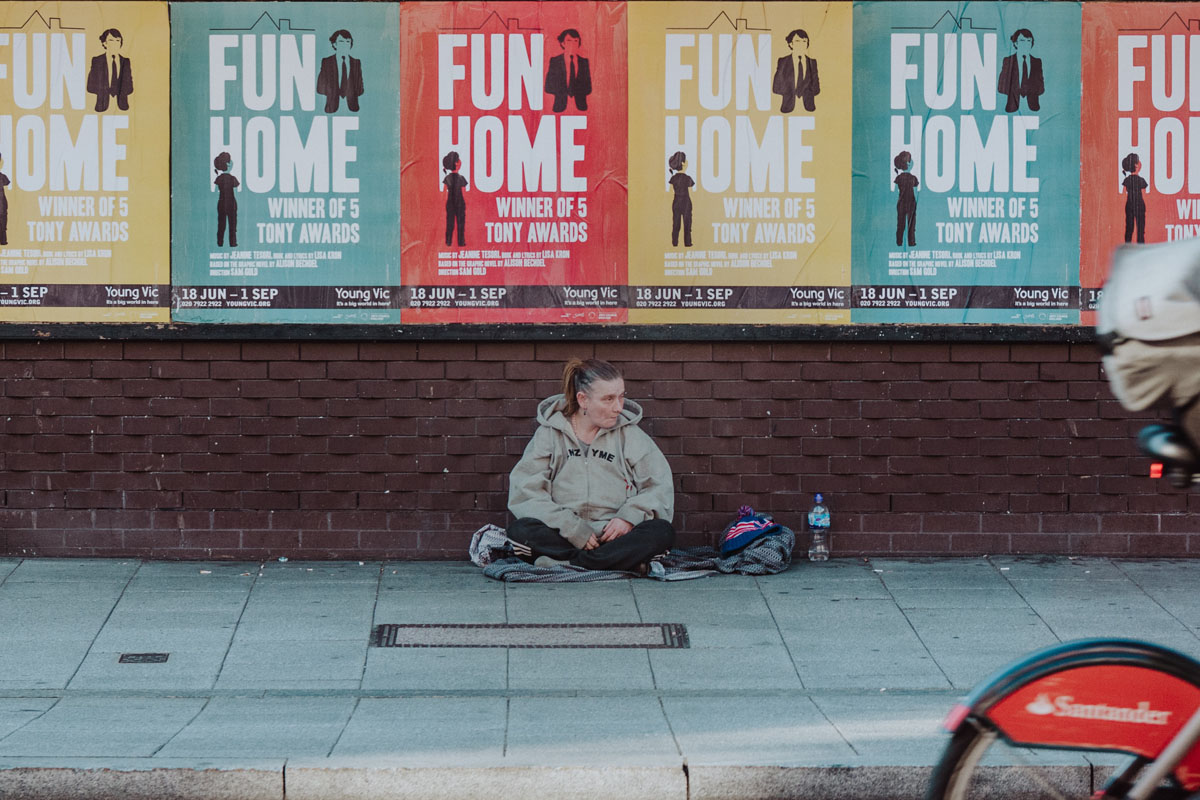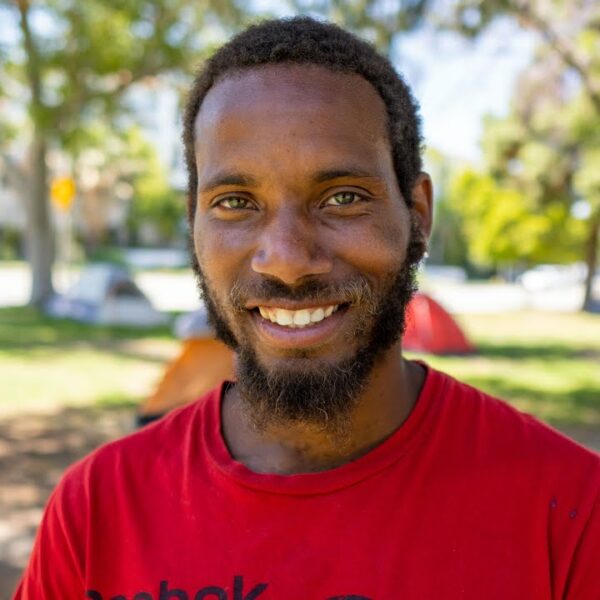Since the spread of coronavirus, England has done a pretty good job of protecting vulnerable homeless people. The government claims that 90% of rough sleepers have been provided with emergency accommodation in hotel rooms and other establishments.
This translates to around 14,500 rough sleepers. When lockdown began, the government issued an “everybody in” ruling to councils. This was to prevent the spread of the disease and to protect the country’s homeless people.
After years of fighting to house the country’s homeless people – filled with plenty of obstacles – this move is extraordinary. The strange circumstances of the pandemic have led to quick and decisive action that’s otherwise impossible to imagine.
For rough sleepers, the sudden shift from city streets to comfortable and safe shelter in private rooms must feel surreal. Accommodations are in a variety of establishments including hotels, YHAs, and universities where student rooms are empty due to COVID-19.
The scheme also provides access to services set up within the hotels, such as assistance with benefits and medical help for rough sleepers. For many, these sorts of facilities are difficult to reach when living rough on the streets. In some cases, the threat of the virus has led people who were previously reluctant to receive help for drug and alcohol problems to finally accept it.
The bad news?
Since May, charities and voluntary organizations have reported an increase in homelessness on the UK streets. Hundreds of people are homeless in London in particular.
Around 1,722 people are living on the streets now. While this is still significantly lower than the 4,266 homeless people counted on the streets in Autumn 2019, the number is still high, especially given the circumstances of the pandemic.
The government claims there’s “no going back to the streets” for homeless people following coronavirus. This includes the hundreds of new rough sleepers that are homeless due to the pandemic.
But the obvious questions remain. Can we really expect permanent housing for all the UK’s homeless people?
England to Provide 3,300 Homes for Rough Sleepers
Following the pandemic, the British government has announced 3,300 homes available for homeless people within 12 months. This is to stop rough sleepers currently living in emergency accommodation due to the pandemic from returning to the streets. Six thousand “housing units” will be constructed. Homeless people using the scheme have access to support for any mental health or substance abuse problems.
The Ministry of Housing, Communities and Local Government (MHCLG) will use £160m ($201m) of its £381m ($480m), four-year homeless services budget to make this possible.
“This government wants to end rough sleeping for good, and we now have a real opportunity to deliver on this moral mission,” stated the UK’s housing secretary, Robert Jenrick, to the BBC. “This will be completely transformative and changes the lives of thousands of rough sleepers for the better.”
Likewise, Dame Louise Casey, who is heading the government’s COVID-19 Rough Sleeping Task Force, said:
“We know this safe harbour is just the start – we have here an extraordinary opportunity to end rough sleeping for good.”
The COVID-19 Rough Sleeping Task Force was established to get homeless people into hotels and help people move on afterward.
UK ministers also revealed a further £6m ($7.5m) for frontline homelessness charities. The Department for Education will also offer more than £700,000 ($881,000) for councils to assist care leavers who are susceptible to homelessness.
Can We Really Expect Permanent Housing for Homeless People in the UK?
While these pledges have been made, in May, UK homeless charity Crisis advised that thousands of people who have been housed since the COVID-19 pandemic could return to the city streets by the end of June.
The charity was concerned that contracts between local councils and hotels were due to stop as government grants run out. The government has claimed that councils must continue to offer accommodation. Yet boards have requested clarity from the government on what additional practical support they can expect.
So, even if rough sleepers are offered permanent housing within the next 12 months, they may return to homelessness again.
On June 4th, the BBC reported contracts between local councils and hotels were due to halt in July. This was when government funding for the scheme was scheduled to run dry.
However, the government hasn’t yet admitted to this, highlighting the £3.2bn of funding presented to local authorities to assist with further issues resulting from COVID-19. The catch-22 is that this funding was never explicitly allocated for ending homelessness. With many councils still suffering from the long-term effects of austerity and cuts, how much of this money will be spent protecting homeless people?
Crisis claims that it would cost about £282m ($355m) to permanently rehouse and care for rough sleepers currently living in emergency accommodation for the next 12 months. While these figures sound hefty, it’s important to remember that they’re small compared to the £20bn ($25bn) that seemingly appeared from thin air and has been put towards the UK’s furlough scheme during coronavirus.
However, the good news is that on June 24, through work of the government’s COVID-19 Rough Sleeping Task Force, another £105 million was announced to keep rough sleepers safe and off the streets during the pandemic. This budget means that councils can continue to fund people to stay longer in hotels and other temporary accommodations. It also allows the government more time to spend on finding long-term solutions.
What Happens Next?
Coronavirus had rough sleepers taken off the UK’s streets and into safe and secure temporary housing. Government has also made bold claims that there’s “no going back to the streets” for rough sleepers after coronavirus. But will it ring true?
Even with the £105 million earmarked to house people during coronavirus, there’s still a massive challenge to prevent people from returning to the street. Hotels are not the same as good quality hostels and supported housing with professional teams. This means people are likely to drift back to homelessness. This is especially true if they have substance misuse problems.
One of the biggest challenges in London is that the population includes many people who are non-UK nationals. Many of these people cannot claim benefits to cover their housing costs. This means they cannot access hostels and other forms of housing requiring rent.
The move to house vulnerable homeless people once coronavirus was spreading was quick and decisive from the UK government. As potential carriers of COVID-19, perhaps this was why rough sleepers suddenly mattered to people in a way they never did before.













